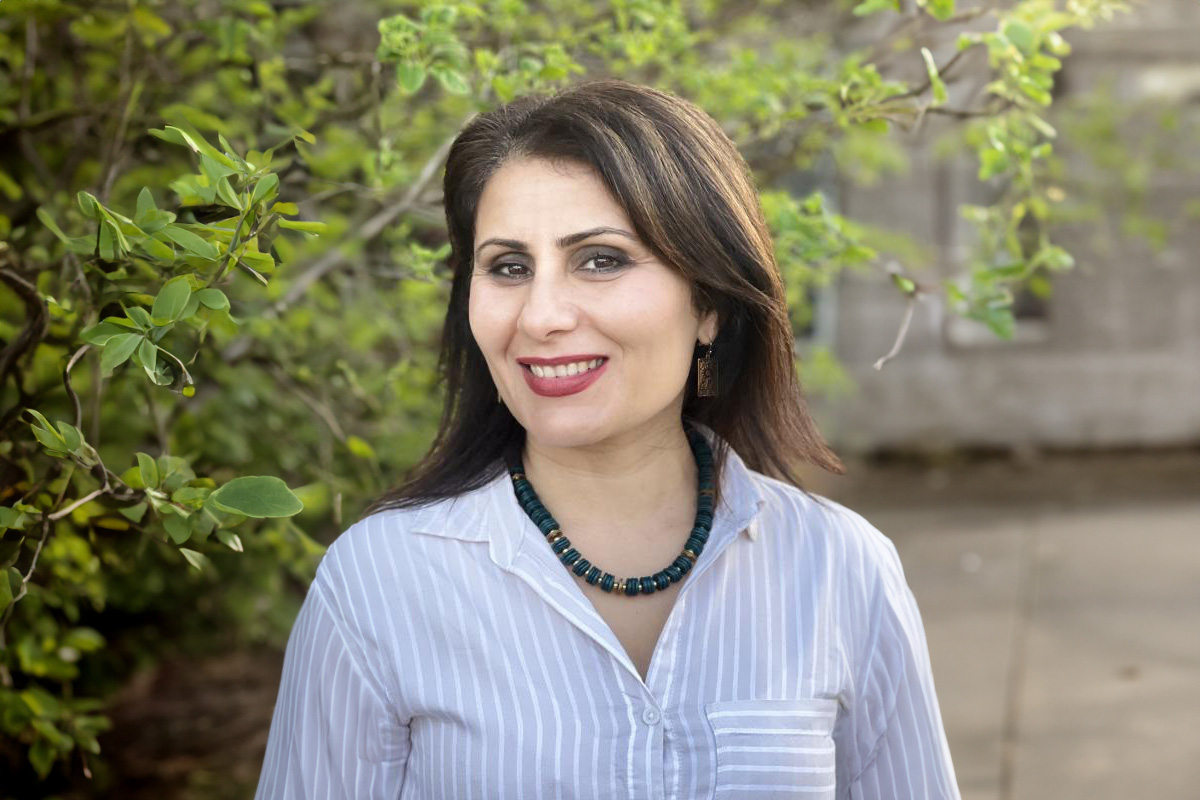
A Florida State University associate professor of history has earned a competitive humanities award for the 2024-25 academic year in support of a book project on the Ottoman Empire.
Nilay Özok-Gündoğan, an associate professor in the Department of History, was elected a fellow of the Stanford Humanities Center in support of her book tentatively titled “Forging Empire: Mineral Extraction, State-Making, and the Colonization of Ottoman Kurdistan, 1720-1870.” The book focuses on the Ottoman Empire’s most significant mining area in the 18th century and how mining shaped the transition of early modern states into institutionalized modern structures.
“I’m honored to be appointed a fellow of the Stanford Humanities Center,” Özok-Gündoğan said. “It’s a very competitive and selective fellowship. This is basically a dream scenario for a historian to have undivided time to focus on writing my book while working in an active, vibrant academic setting. I’m very happy about it.”
Founded in 1980, the Stanford Humanities Center is a multidisciplinary research institute at Stanford University that supports scholarship in the humanities and the interpretive social sciences by providing resources like fellowships, workshops and lectures to advance knowledge within and across disciplines.
The SHC’s Fellowship Program has provided fellows-in-residence the opportunity to step away from their regular academic responsibilities and engage in research at the center since 1982. Fellows are encouraged to participate actively in the center’s dynamic interdisciplinary community by attending fellowship events, presenting their research and attending talks.
Özok-Gündoğan is among eight external fellows from around the U.S. selected for the 2024-25 academic year. She is the first FSU researcher to be named an SHC fellow since the program’s inception.
“I can’t think of a better ambassador to attest to the quality of our scholars,” said Jennifer Koslow, chair of the history department. “Having Dr. Özok-Gündoğan represent the history department at Florida State University raises our profile. In the world of competitive awards, this is truly one of the most prestigious to receive. Her project on mining and the political economy of the Ottoman Empire will reshape studies of the history of commodities, environment and colonialism.”
Özok-Gündoğan’s project investigates an 18th-century mining area within Kurdistan, part of the Ottoman Empire, examining its significance within the empire and the impact of mining practices on the West Asian region’s communities and environments. Through an approach that encompasses political, social and economic perspectives, she explores the previously overlooked role of mining and mineral extraction in shaping the trajectory of early modern states towards institutionalized modern structures.
While focusing on the 18th century, the project aims to prompt further research into how mining and mineral extraction has shaped the modern world, particularly for non-European scholarship. The project also centers Kurdish history in the empire, highlighting how a present-day stateless group came to be minoritized.
“When we think of Kurds and Kurdistan, what comes to our minds is mostly issues related to culture, language, assimilation and oppression within a nation-state context,” said Özok-Gündoğan. “If we expand our understanding of their history to the land and to territory, such as these specific mining areas, then we can get a broader understanding of how Kurdistan became a colony. It didn’t start as a cultural process in the 19th century, as is often suggested; it began in the 18th century as an economic process that was centered on mineral extraction.”
Several FSU grants supported early stages of research and writing for this project. In 2022, Özok-Gündoğan received the College of Arts and Sciences Dean’s Travel Grant to work in the National Archives in London. In 2023, she was funded by the Summer Research Support award program, formerly known as the Committee on Faculty Research Support program, from FSU’s Council on Research and Creativity, which assists faculty members with research and creative endeavors that encourage external funding.
To learn more about Özok-Gündoğan’s research and the FSU Department of History, visit history.fsu.edu.



